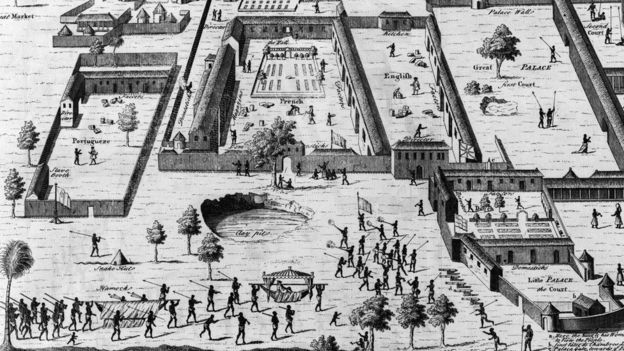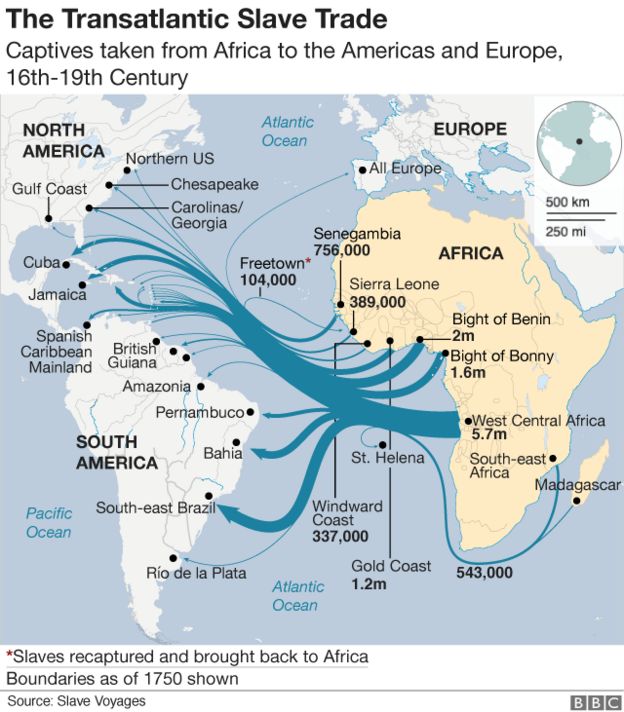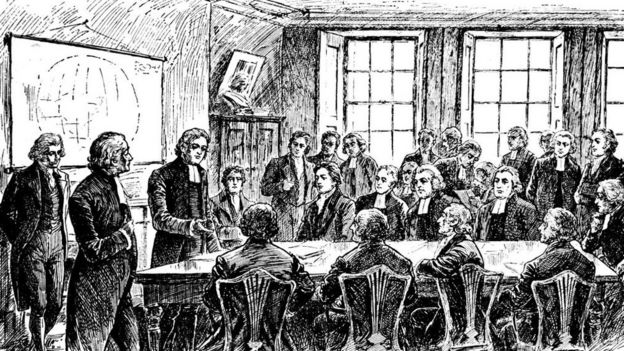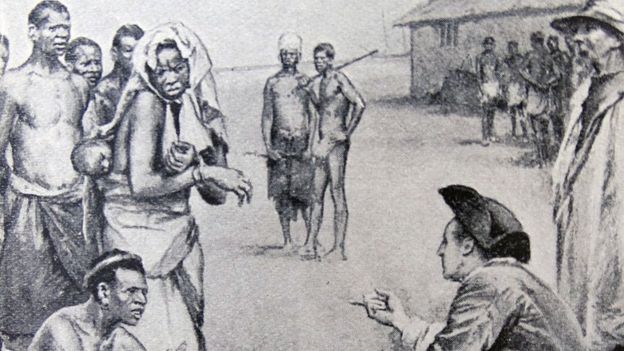I was asked to put this together after a series of emails to my friends on here about the family travails with the NHS, both during and before the virus struck. I wanted to write in the third party form as all below is personal but anyone reading the account would soon see it was my own view on what has happened within our family.
It is very easy to slate the NHS when something like this story unfolds. As usual there are good and bad sides to the organisation and that one word, organisation, is the one thing above all else that lets the NHS down, along with a belief among many who run these trusts that the NHS is theirs and they have the final word and run it for their benefit. The whys and wherefores of the NHS have been dissected by many more able than me and that side is another story so I won't go there other than relate the relevant items in the piece below.
I have to say I am in no way anti the formation of the NHS: my early memories of it were of GPs working seven day weeks and often all hours. That was never going to be sustainable in a modern world In later years as the NHS grew along with the welfare state to be all things to all men; the cracks started to appear and instead of a forensic appraisal of the system they just added layers of bureaucratic management and threw ever increasing sums of money at it with never any accountability - the Blair years saw this at its peak, or so we thought.
 |
Above: a not untypical doctor's waiting room these days -
but you still wait four weeks and more for an appointment. |
I will give a short summary of my own clashes with my local surgery since we moved here; again, thousands out there can give similar examples from their own experience.
Until that move we had been fortunate in having a surgery you could always get an appointment with even at busy times, but that all changed; we now have a two-story medical center that has 14,000 patients on its books and currently six doctors (down from when we arrived here). As in most parts of the country, there has been endless building of new estates, all the occupants of which join the ever-growing patient list at our medical cente. The result is easily predictable: appointments are almost non-existent and even before the virus struck the place was hardly ever crowded as the doctors are nearly all part-timers, so phone consultations were already well established pre-Covid and will now constitute 80% of all appointments; how that equates to actually seeing a problem I have no idea, and even phone ‘consultations’ already have a waiting list of up to two weeks! Quite extraordinary. This is the health service now being foisted on us who pay for it all; and for those in the NHS who think the government pays for it all, you are wrong: the taxpayer is the one to be applauded.
My first encounter with the medical centre was when I thought I had sprained my ankle. It didn’t improve so I got an appointment - this was before the place became silly with waiting lists - but it still took two weeks to see me. It was diagnosed as a sprain: 'Take painkillers, rest up.' Time passed, no improvement, went back: same diagnosis, same treatment. Still no improvement after three months, went to physio, she took one look and said 'Broken foot, need scan' and wrote a letter to the surgery. After another two weeks I got a letter from the surgery to go for a scan; a month later I had a letter from the hospital with an appointment for the scan; I went to the hospital and the scan showed the foot had multiple injuries and a broken bone, so an appointment was made to see a specialist. A month later I had an X-ray at the hospital before seeing the specialist, who was annoyed that I was wasting his time as the foot had healed up - well it would, after seven months, and I told him 'Don’t have a go at me, reserve your ire for my GP.'
My second surgery debacle was more serious than I could have imagined. I had not felt well for some time but the symptoms seemed to go away and then returned after a couple of weeks: sweating, breathing problems when exerting and very tired. This time I needed to see a doctor as I had no idea what was going on, so the appointment saga started, but I said four weeks was no good, I needed to see someone now. 'Phone again tomorrow.' This went on all week with me feeling worse and getting no joy from the surgery, so I decided I would go in person Monday morning and insist I see someone.
I got up on the Monday, went into the bathroom feel terrible, broke into a malaria-like sweat, sat on the edge of the bed and passed out. An ambulance was called and I was taken to the acute ward for tests, X-rays and later a scan: I had a large blood clot on each lung and clots on the arteries leading to the lungs.
As an aside, in the acute ward of eight three of us had the same thing and none could get an appointment - one had to leave his car at the surgery after insisting on seeing a doctor and an ambulance was called to bring him in.
After a week of treatment I left. The hospital treatment was very good but before I left I saw the senior nurse at the coagulation unit who told me I was a lucky boy as I had had less than forty-eight hours to live when I came in; she said she was disgusted at the surgery's system, though as she said they are all the same now.
The surgery was phoned to take over me as a patient and do the blood tests as I was on Warfarin then. The surgery denied it did such tests but the nurse had some serious words and said she would refer them to the Medical Council and lo and behold they said they did do them and I was now on the list. As you can gather from all this my surgery does not get any Christmas cards from me. Change GPs, you say? Don’t make me laugh: all the surgeries are the same and do not accept patients from other post codes, so hard luck.
I could rack up more of the same kind of story for my wife who is now in severe pain from osteoarthritis but gets relief from the injections in her knees and shoulders. Needless to say they were not available during the peak virus period or even now as they lower the immune system; the fact that our surgery has not had a single case of the virus and my wife's immune system is always very low because of other medication does not come into it, and there is no relief in sight.
The really good (!) story is that of my sister and her husband. My sister after going sky diving nearly two years ago - a birthday present! - had a suspected fracture in her shoulder. The examination and subsequent scan showed ten such fractures; further examination showed she had bone cancer, and in her case it was not getting the right treatment - that was the problem, it was the errors in getting it: she was taken to the wrong hospital for the start of her chemotherapy and the ambulance despite having the correct hospital in their notes still took her there. After realising the mistake they said she would have be returned to the base hospital as they had no time for a diversion; the chemo was postponed for a week and she had to stay that week in her suit of armour that she had to wear to stop her moving and breaking more bones - not comfortable.
On another occasion she was dropped off for her chemo but was told a taxi would take her home - she lives just ten minutes away. Time went on and no taxi. She enquired after an hour and was told it was on its way; still no taxi. The administrator in charge haddecided to save some money and use a mini bus for several patients and waited until the last was ready, but told no one until it arrived. In her armoured suit and feeling like shit she got in to the bus. After an hour she asked where they were as she lived nearby; the driver said the patients who lived furthest out would be the first to be dropped off, so of course she would now be last as her house was nearest. As the daid to the driver, her husband was not available to drive her home and if she had known she would have got her own taxi, not now she was hardly in a condition to abandon ship and make her way home. She finally arrived home after seven hours including the original wait. There were three chemo patients on that bus and one was seriously sick. How do management go ahead with things like this, knowing exactly what they are doing to people? No-one is ever accountable.
Similar, lesser things also occurred.
Now the
pièce de résistance: while recovering from her chemo my poor sister had some bad news about her husband, who had suffered from a mysterious breathing problem that despite various visits to hospital no one had been able to diagnose. During a visit in October 2019 they decided to do a full body scan and he was found to have liver cancer, at that stage not advanced and an open operation was scheduled for January; this was cancelled and another scheduled. This too was postponed and then the virus came along and no one got any treatment for anything. During this period and long before they were in effect living separate lives in their own house, as my sister has no immune system because of her chemo.
Sometime during April the brother-in-law had a recurrence of the chest problems with a lot of pain and returned to hospital. My sister could not go with him for obvious reasons but phoned later to see how he wass getting on. It transpired that despite being tested and cleared for the coronavirus virus he had been been put in a side ward with two people who did have the virus and one who was suspected of having it. My sister went ballistic and demanded to speak to someone with authority and got him moved. Why he was put there remains a mystery.
Finally he got a call to go for a ‘conversation’ having had another up-to-date scan; he was told it had spread and the open operation was no longer an option - he would have to have it under anaesthetic. The anaesthetist is not happy with this as his chest problems meant in her opinion that he only had a 50 – 50 chance of surviving the operation. Naturally he needed a while to come to terms with that and went home. The following day the hospital phoned: his operation was still scheduled for that day, but he declined.
Many would say that was not a good decision, but by chance or fate or whatever a week and a half later he got a call: radiotherapy, not available during the lock down, was back on the agenda. He was summoned to the Royal Marsden and started a course of radiotherapy the following week. At the end of it he was told, as all patients with this treatment are, that he would feel not at all well for a while and it came to pass that he felt very unwell, bad enough to call the ambulance again.
It appears that his chest problem was adding to his discomfort so they kept him in and ran some more tests that returned a negative. They still could not isolate what was causing the chest problems and the results were phoned through to my sister who could not visit him, or so she thought ! The next day there was another call from the hospital: further tests revealed he had Covid-19! Where the hell has this come from? He had not been out of the house for six months and my sister likewise after her cancer, all the family and my sister were then tested for the virus and all came back clear. The only place the b-i-l had visited was the hospital - if he hadn’t contracted it there, where on earth could he have?
He sent a message to my sister asking for his phone, glasses etc as he would be kept in for seven days. She insisted on going to the hospital with his personal items and to see him; the hospital said she could not have any contact with him, especially in her case, and could only wave through the glass door or show messages, and advised against the visit ! When she said she was coming anyway they changed their attitude to ‘Well, you can only see him for fifteen minutes and will have to wear mask, gloves, hat and shoe coverings.’ Really ! How can a patient with the virus be allowed any time at all with a person with no immune system if he really has it? There is something very wrong here, or I am missing something?
Maybe it's a bit unfair putting up the above image of William and his family applauding the NHS, they almost certainly were under orders, yet you have to ask yourselves what would they know of the NHS? They have never had to use it.
I have had very good treatment from the NHS and as I stated at the start I am not going to give a forensic report on all the things that are very wrong with the organisation, but much will be revealed in the coming months, I am sure, when the figures for deaths of non-Covid patients with cancer, heart conditions and numerous other deadly diseases start to rack up, let alone people like myself who has two hips needing replacing and has not had even a consultation after six months.
Even the ‘pleasure’ of going private has been taken away as the private hospitals that were commandeered by the NHS to help the flood of Covid patients and were never used are now being kept on the NHS books in a vain attempt to help with the backlog created. There was a report in the Times last week about people with private health insurance cancelling policies as they could not get any treatment - what a mess!
There was a vague chance for the government to lead on this virus and use it as a springboard to at least start to ‘improve’ and streamline the bloated monster it has become, yet all we have received are endless mendacious contradictory statements and an element indeed a large dose of legerdemain about all and everything.
With Boris talking about mask-wearing well into 2021 the NHS will be so bogged down with an enormous backlog it must and will be reverting to the two-year waiting lists for major procedures, and still they carry on with their face-saving protection measures.
https://www.dailymail.co.uk/news/article-8396253/UK-patients-face-TWO-YEAR-wait-elective-surgery-NHS-backlog-set-hit-650-000.html
It was said by many before this virus came about that the NHS needed - as it has done for decades - root and branch reform. Now, with it being put on a podium to be regularly applauded at the appointed hour, there is not much chance of that happening.
‘Envy of the world’? I think not.
Wiggia adds (8 August):
I came upon this today a critique of the NHS, everything said in that article I agree with, as an example when I phoned a couple of weeks ago for a prescription for pain killers for my hips I had to wait for the doctor to phone me first it took four days, he was very to the point etc and speaks sense, until it came to 'how long before I get to see the consultant never mind the op' he said my letter already three months after the diagnosis was dated 19th of March as such I was at the head of queue as they have started seeing people again, oh I said so not long, roughly eighteen weeks you are at lest not further down the list, he sounded quite pleased with that and I said not much to get excited about then as it will be ten months after the diagnosis before I even see the consultant, they actually think the NHS is doing us a favour, that we pay for this sub standard health care doesn't even register with them, it's free after all, free my ass.
Anyway this is the link..........
https://thecritic.co.uk/who-do-think-were-kidding-with-the-nhs/















